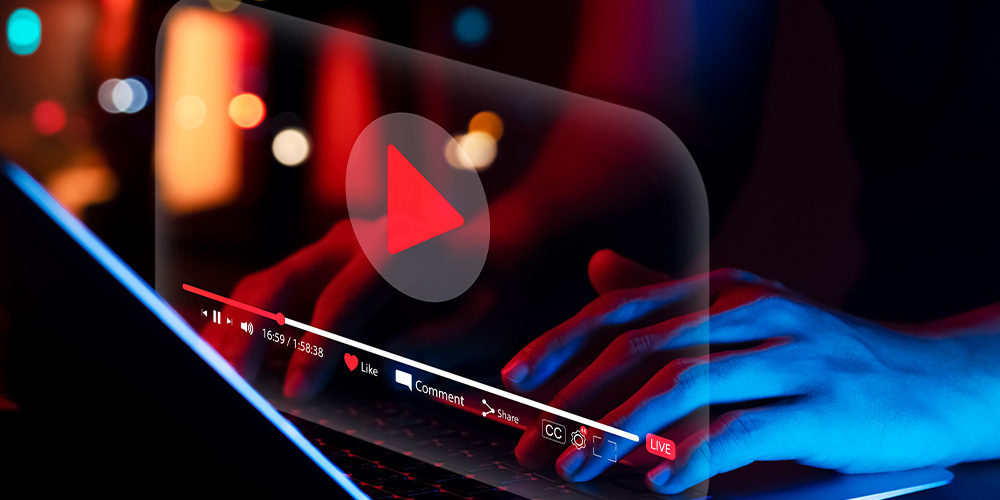The University of Basel is setting up a new endowed professorship at the Biozentrum to make fundamental discoveries at the interface between biophysics and climate-relevant environmental biology. This will be made possible by the Georg H. Endress Foundation, which is generously funding the project.
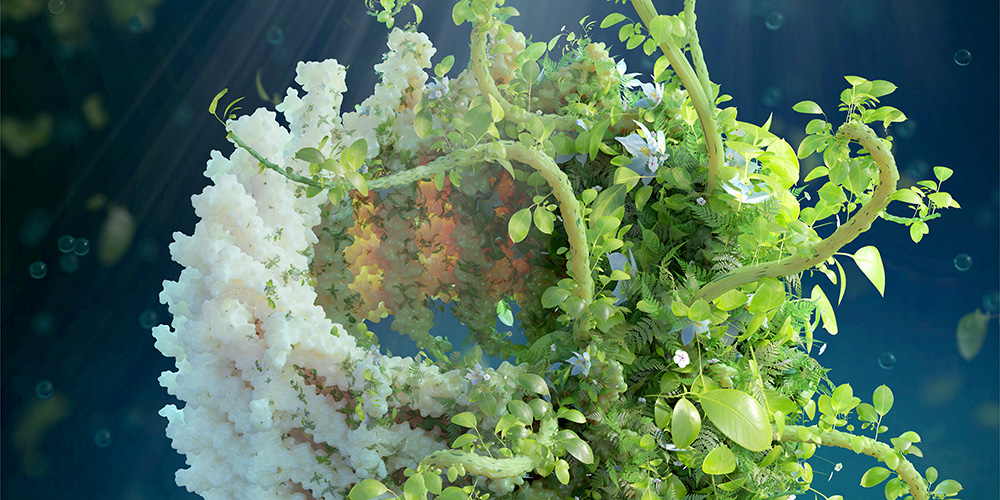
In wound healing, immune response, and cancer metastasis, cells migrate through the body – often squeezing through narrow, confined spaces. Together with experimental collaborators, Prof. Dr. David Brückner at the University of Basel has discovered that cells possess a kind of memory: they can “remember” how they previously navigated such constrictions. This allows them to move more quickly and efficiently through complex tissues.
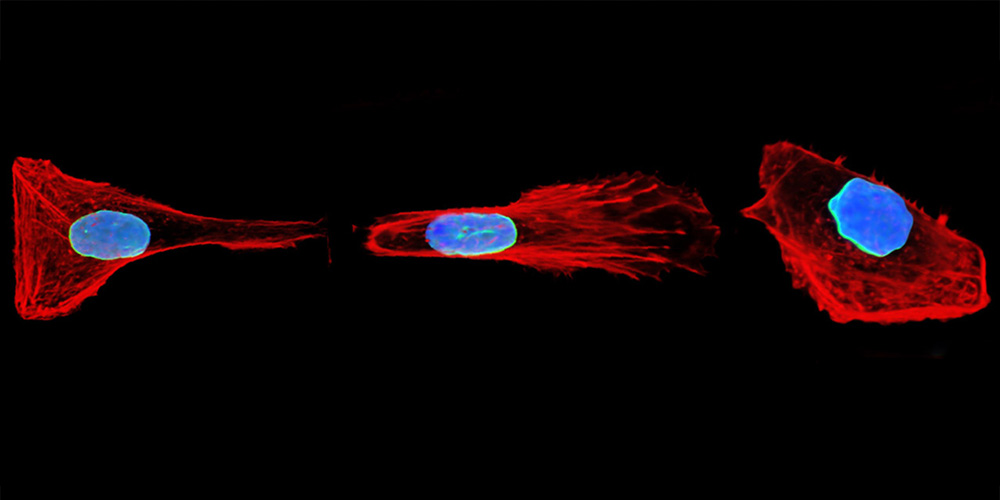
A research team from the University of Basel has developed a new molecule modeled on plant photosynthesis: under the influence of light, it stores two positive and two negative charges at the same time. The aim is to convert sunlight into carbon-neutral fuels.
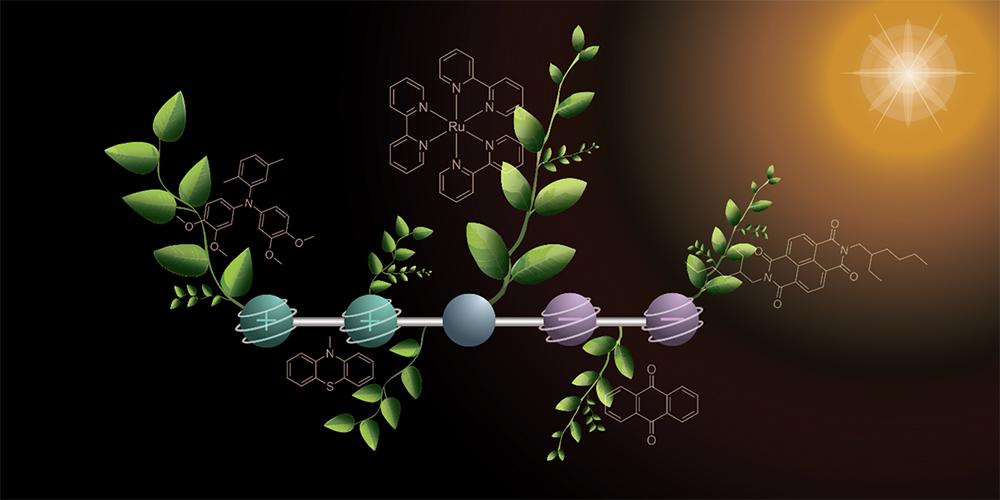
August 25 marks the 125th anniversary of the death of philosopher Friedrich Nietzsche, who was professor at the University of Basel from 1869 to 1879. In this interview, literary scholar Professor Hubert Thüring discusses the relevance of Nietzsche's writings and their continued importance today.
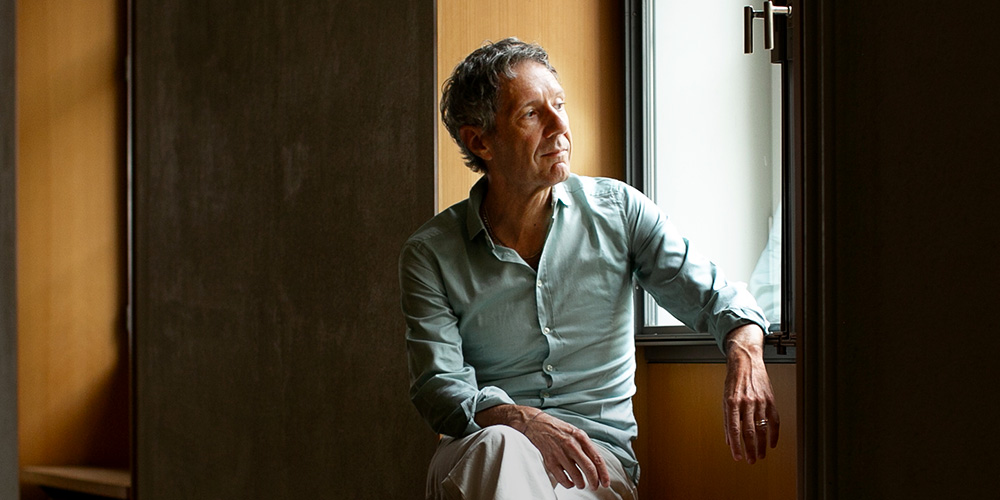
Researchers at the University of Basel have made a quantum bit faster and more robust at the same time. In the future, this could help in the development of quantum computers.
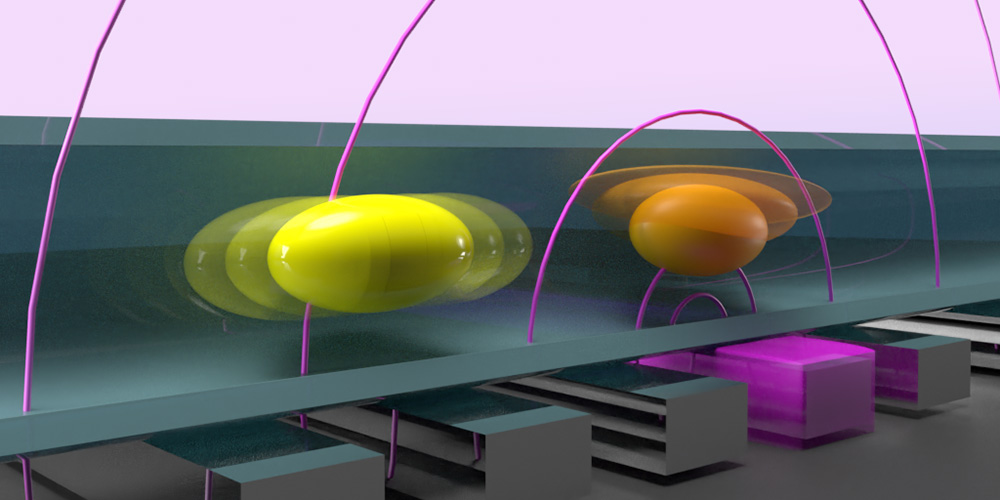
Once he wanted to make wine, but today he tinkers with the synthesis of natural substances – and the perfect pizza dough. Doctoral student Silas Battisti has a feel for perfect interaction. In every respect.
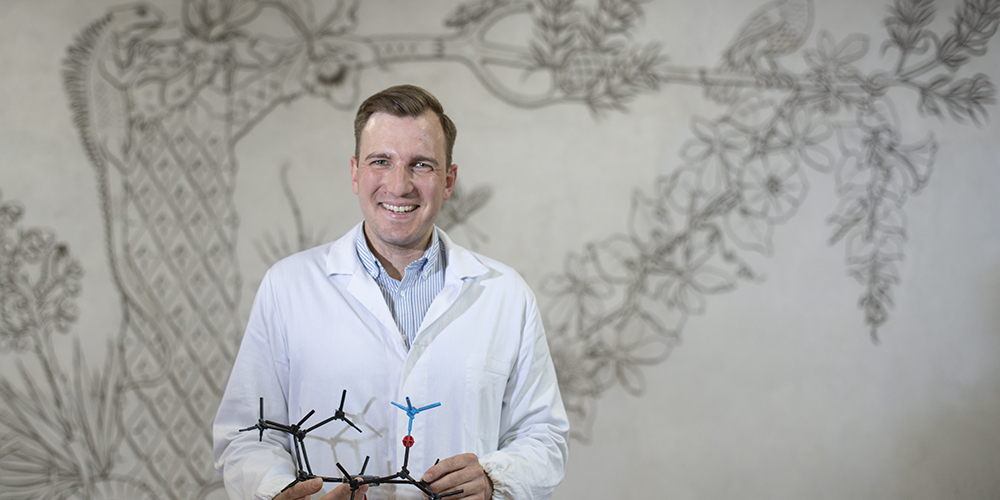
In order to fulfil their many functions, proteins must be folded into the correct shape. Researchers at the University of Basel have now discovered tiny “folding factories” in cells that enable efficient and accurate protein folding. A lack of these structures can lead to diseases such as diabetes and neurodegenerative disorders.
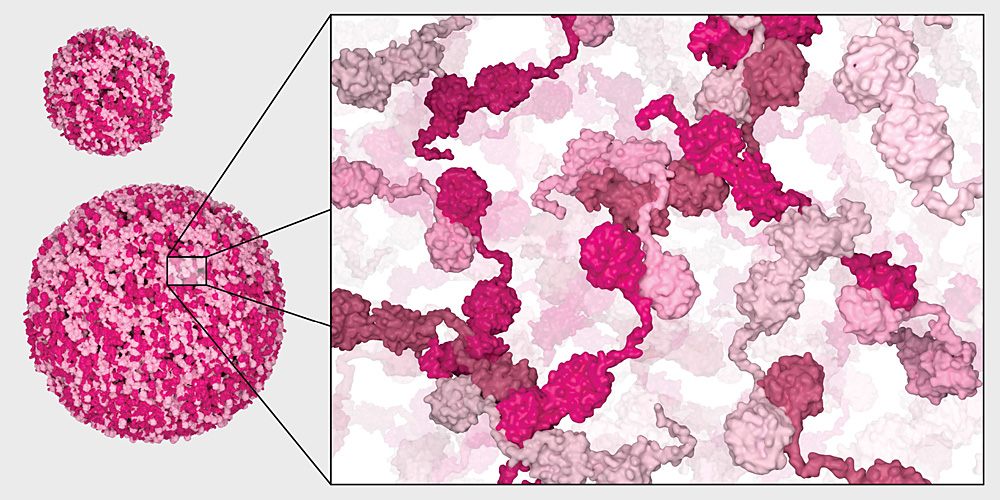
Chiara Minotti loves ballet and the cultural diversity of the three-country region. But her greatest passion is medicine for the youngest among us. The PhD student is researching ways to prevent or treat infections in premature babies.
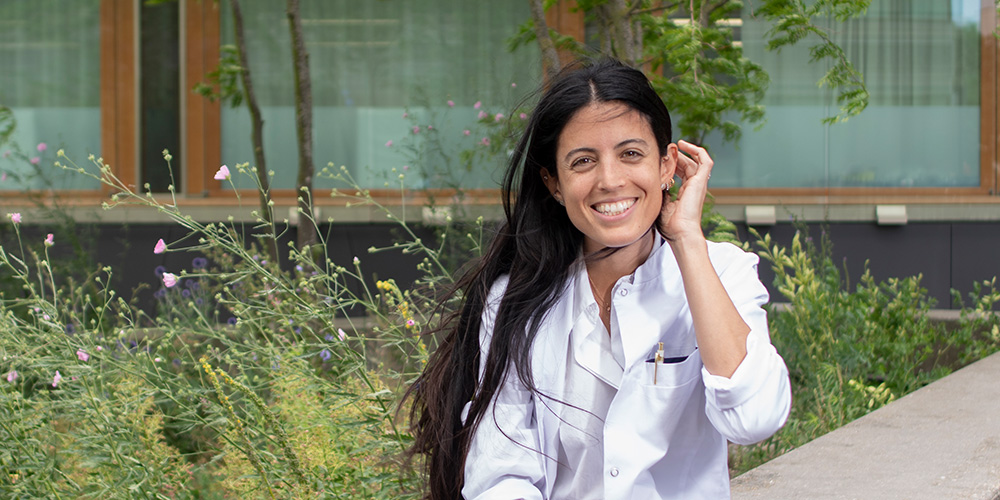
Korean TV dramas resonate with global audiences. This is thanks in no small part to a dedicated community that translates K-dramas, provides commentary, and supplements them with cultural explanations. Researchers at the University of Basel have investigated how meaning is collectively negotiated and how individual streaming is transformed into a communal experience.
